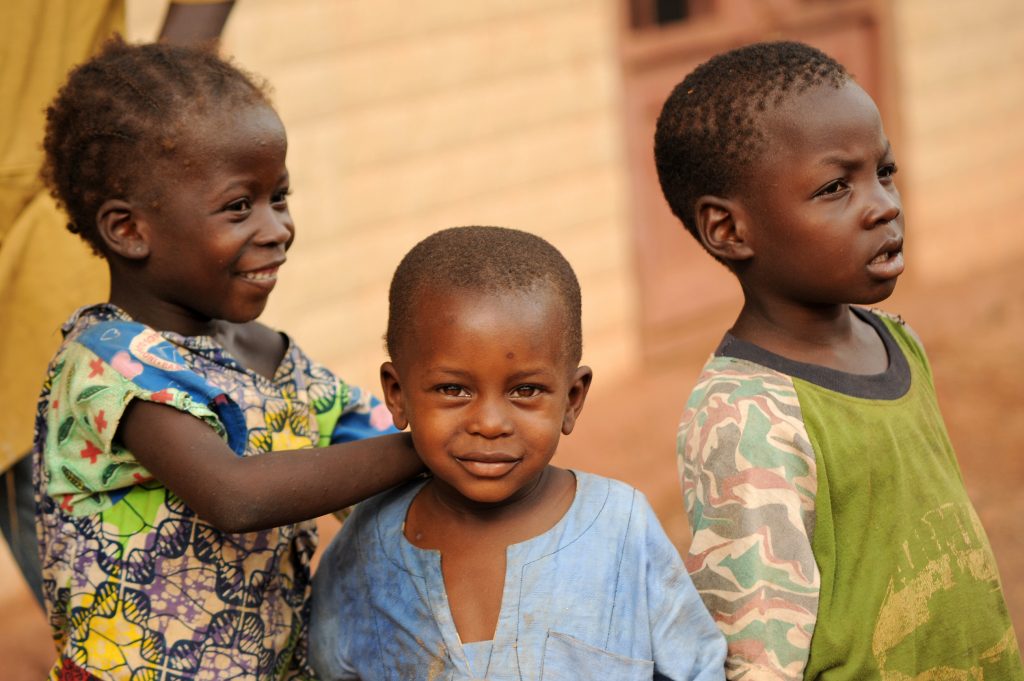

It taps to the various members of Inter-Agency Standing Committee, whose members are responsible for providing emergency relief. In reaching out to international communities, the Office for the Coordination of Humanitarian Affairs (OCHA) of the United Nations (UN) is responsible for coordination responses to emergencies. Humanitarian aid can come from either local or international communities. Humanitarian aid is seen as "a fundamental expression of the universal value of solidarity between people and a moral imperative". However, the conflation is viewed critically by practitioners. There is a debate on linking humanitarian aid and development efforts, which was reinforced by the World Humanitarian Summit in 2016. It may, therefore, be distinguished from development aid, which seeks to address the underlying socioeconomic factors which may have led to a crisis or emergency.

The primary objective of humanitarian aid is to save lives, alleviate suffering, and maintain human dignity. Humanitarian relief efforts are provided for humanitarian purposes and include natural disasters and human-made disasters.

Among the people in need are the homeless, refugees, and victims of natural disasters, wars, and famines. It is usually short-term help until the long-term help by the government and other institutions replaces it. Humanitarian aid is material and logistic assistance to people who need help. A UNICEF worker is distributing high-calorie food during an emergency situation in Goma, in the Democratic Republic of the Congo, in 2008.


 0 kommentar(er)
0 kommentar(er)
